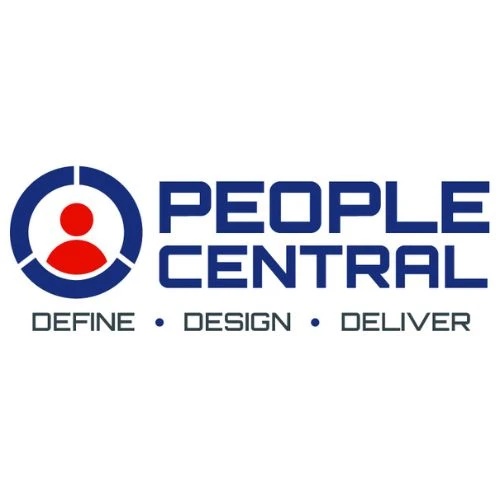In the rapidly changing digital economy of today, your ability to know just how skilled your team is in critical technologies is more vital than ever. Whether you’re bringing new people on board or up-skilling your existing team, it’s essential to have a robust way to gauge the technical competency of your team. This is why a growing number of companies in New Zealand now use software proficiency tests to appraise practical skill levels in an objective and consistent format.
Software tools are integrated in nearly every sector engineering, financials, health, logistics, etc. Depending on who you think your employees are assumed to be, it can get pretty inefficient and can lead to mistakes or missed opportunities. Integrating software literacy tests provides a transparent, data-driven tool to recognize strengths and tackle knowledge deficiencies.
The Importance Of Skills Verification In The Modern Workforce
In addition, hybrid and remote models of work have made digital tools even more important. Whether it’s Excel, Salesforce, Adobe Creative Suite, or bespoke software specific to an industry, staff need to be able to complete actions quickly and accurately. But all employees may not be as adept at moving to other software platforms.
For employers, software skills tests enable them to:
Make sure those applying for the job have the technical skills needed.
Customised training programs that meet real needs.
Improve competence and save money on training.
NZ organisations are starting to recognise being skilled isn't about degrees or past years of flying - it's about being able to effectively use your tools.
Use Cases Across Sectors and Roles
Software proficiency exams provide advantages that go beyond a particular industry or position. In customer service, employees might be required to understand CRM platforms. For construction or design, you’ll need to operate project management or CAD tools. Even jobs that are not typically thought of as IT-related now require a basic understanding of digital tools.
Businesses in New Zealand can leverage software skills tests to give them the insight they need to recruit better, performance manage more effectively and to ensure they are competitive in an increasingly digital global economy.
For example:
HR departments can pre-screen job applicants for Excel or payroll software knowledge before hiring them.
Marketing teams can assess users’ knowledge of Google Analytics, HubSpot, or Photoshop.
Test technical positions on coding platforms, databases, or software engineering environments.
When assessment tools are in sync with what the role truly requires, there is a potential five fold return on investment in efficiency and job satisfaction for businesses.
Making the Workforce More Efficient
When businesses are clear on what specific skills are missing, they can deliver more focused training, which generates a better ROI. Instead of training everyone across the board, which could be a waste of time and money, the findings of software proficiency tests can be an intelligent allocation of resources by managers.
It's good for employees, too. They feel good when they see that they are competent at something, and they are put in a position to succeed in an area where they have experience. For employers, it means less turnover, more engagement, and greater success how employees are re-organized.
Driven to Learn and Expand Applications
The addition of software skills assessments into your company’s continuous professional development programs signals to employees that digital skills matter. It encourages a learning, adaptive culture, which is so important for a country like New Zealand, which is dominated by small to medium-size businesses.
These evaluations are not meant to punish failure but to give a crystal-clear map for improvement. Workers can see where they are, identify where they want to go and set targets for themselves that are attainable and career-building.
Conclusion: Feeling Good about a Measurable Measure
We live in a digital world where it’s possible to measure and improve on every part of our work, including technical proficiency. How New Zealand Businesses Are Staying Ahead with Software Competency Tests New Zealand companies who use software competence tests are empowering their teams for success.
Whether you’re in a hiring process or planning to up-skill your existing team, software proficiency testing provides a fair, objective, and efficient manner to make sure your workforce is well-prepared to face the digitization challenges of the economy. In a competitive environment, wise skill evaluation can be all-important.



